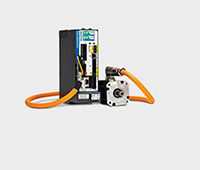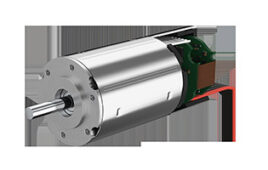Fluoropolymers are commonly used in catheter constructions that require excellent flexibility and low friction. However some fluoropolymers, such as polytetrafluoroethylene (PTFE), are not easy to melt in assembly processes and often require manual assembly of components to create multilayer catheter shafts.
The Kynar Rx 752 polyvinylidene fluoride (PVDF) copolymer was specifically developed for medical catheter applications and is readily melt processed using standard extrusion or injection molding equipment similar to those used to process polyethylene (PE), polyvinylidene chloride (PVC) or polypropylene (PP). This allows for continuous coextrusion of multilayer constructions used in advanced catheter shaft designs. Additionally, Kynar Rx copolymer tubes and molded components can be welded together using radio frequency (RF), direct heat contact, and ultrasonic methods to create consolidated catheter components.

Additionally, this copolymer is for use in minimally invasive medical catheters that are exposed to bodily fluids for less than 30 days. It exhibits flexibility, very low friction, and can be melt extruded in single or multi-layers for catheter shafts and other performance medical tubing.
It is USP Class VI compliant and exhibits resistance to chemicals and temperatures. This feature allows medical device components made from the material to be chemical, autoclave or irradiation sterilized. The material offers a flexural modulus of 50,000 psi (345 MPa) and dynamic coefficient of friction of 0.54, according to ASTM test methods.
This medical grade copolymer can be coextruded into multilayer tubing, providing device companies with an alternative to manually assembled shafts with PTFE liners.
Arkema Inc.
www.kynar.com
Filed Under: MOTION CONTROL





Tell Us What You Think!